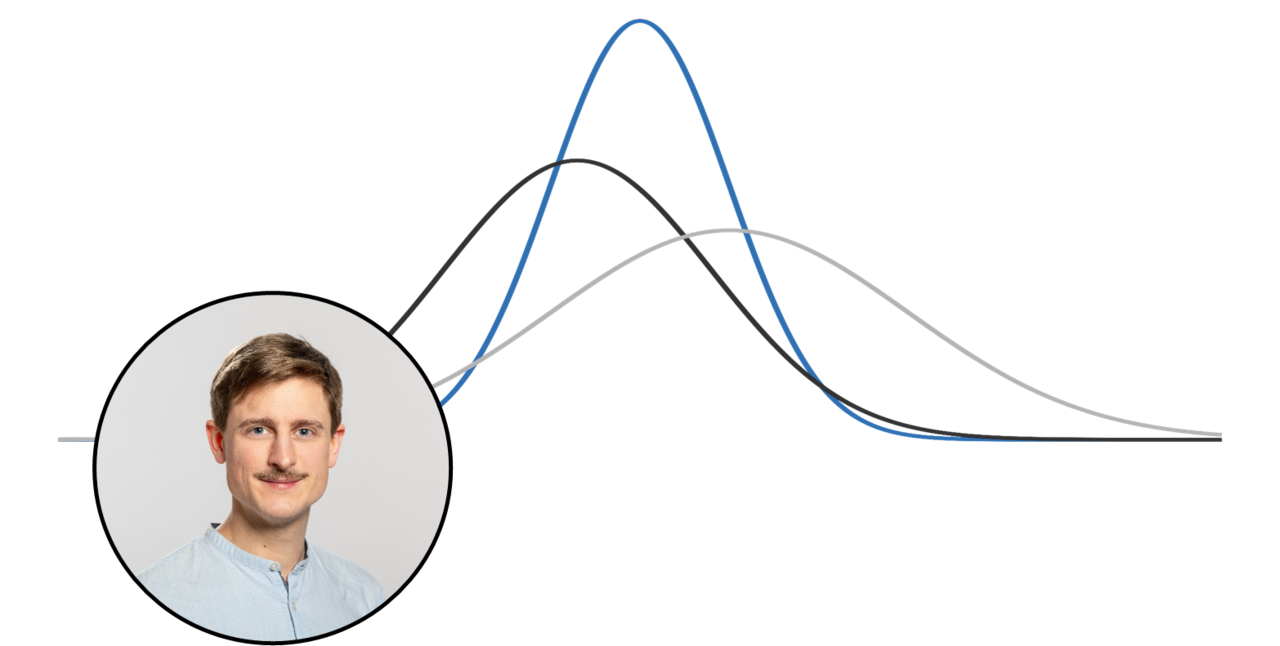Sebastian Hellmann is a postdoctoral researcher at the Chair of Behavioral Research Methods at the TUM School of Management.
Between 2020 and 2024, he worked as a research assistant and PhD student at the Chair of General Psychology II at the KU Eichstätt. During his Ph.D., he investigated the experience of confidence in perceptual decisions. He developed computational, mathematical models to describe the relationship between stimulus properties, reaction times, and the feeling of confidence.
Sebastian studied mathematics and school psychology at the Catholic University of Eichstätt-Ingolstadt and earned a Master of Science in Mathematics from the University of Göttingen. Between 2020 and 2024, he worked as a research assistant at the Chair of General Psychology II at the KU Eichstätt.
Selected Publications
Hellmann, S., Zehetleitner, M., & Rausch, M. (2023). Simultaneous modeling of choice, confidence, and response time in visual perception. Psychological Review. Advance online publication. Accepted manuscript, Full material
Rausch, M., Hellmann, S., & Zehetleitner, M. (2021). Modelling visibility judgments using models of decision confidence. Attention, Perception, and Psychophysics, 83(8), 3311-3336. Full text, Full material
Rausch, M., Hellmann, S., & Zehetleitner, M. (2018). Confidence in masked orientation discrimination decisions is informed by both evidence and visibility. Attention, Perception, & Psychophysics, 80, 134-155. doi: 10.3758/s13414-017-1431-5 Full text, Full material.
Software
Hellmann, S., Rausch, M. (2022). dynConfiR: Dynamic Models for Confidence and Response Time Distributions. R package version 0.0.3, https://CRAN.R-project.org/package=dynConfiR. (see on GitHub)
Rausch, M., Hellmann, S. (2023). statConfR: Models of Decision Confidence and Metacognition. R package version 0.0.1, https://CRAN.R-project.org/package=statConfR. (see on GitHub)
Applied statistics in R is a Master's course in which students learn about advanced statistical techniques (e.g. nonlinear and logistic regression, penalized regression, and time series analysis) for different research questions.
Learn more on the course page
